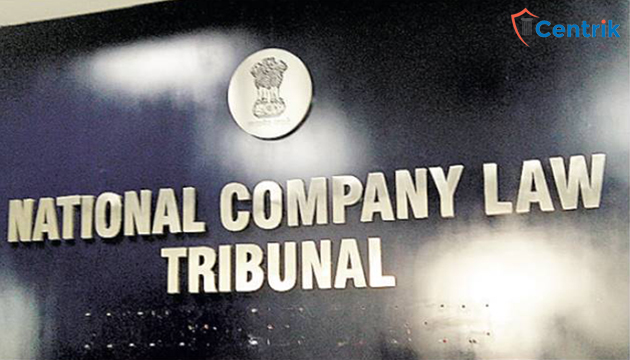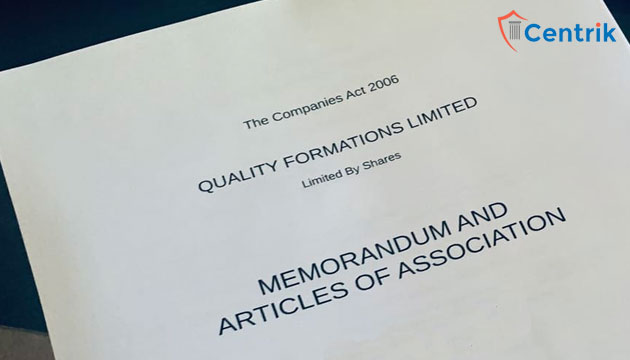
Director liability during financial distress- An interplay of the IBC, 2016 and the Companies Act, 2013. It is undisputed that in times of solvency, director’s responsibilities are mainly directed towards shareholders, under the guidance of the Companies Act.

Section 186 of Companies Act 2013 imposes restrictions on loans and investments that can by made by a company. The main aim of the provision is to ensure responsible financial management
MCA has made further amendments to Schedule II to the Comapnies Act, 2013 to clarify that relevant Ind AS shall apply for computation of amortization amount over the useful life of intangible assets. However, where a company is not required to comply with the Ind AS, it shall comply with relevant Accounting Standards under Companies … Continue reading “MCA Amended Schedule II of the Companies Act, 2013”
Financial fraud is a phenomenon that haunts everyone alike. Not only does it mean loss of an asset for the one who has been at the receiving end of a fraud, it has the capability of shaking the roots of “confidence” and “trust” that anchor a society and/or an economy

At present, the Indian legislature has not yet determined any full regulatory requirements for SPACs. However, India’s market regulator, the Securities and Exchange Board of India (SEBI) has set up an expert committee that will look into the possibility of introducing SPACs regulations to India, which may increase the chances of domestic listing for start-ups.

The NCLAT has affirmed that a request for the initiation of the Corporate Insolvency Resolution Process(CIRP) under sections 7 and 9.

All the struck–off companies can approach NCLT under section 252 of the company act for the revival of the struck-off company against the order of ROC.

No suit or legal proceeding against the company can be commenced or continued against the company after the passing of the winding up order except with the permission of the Tribunal.

Section 248(1) of Companies Act 2013 provided for suo moto power of ROC to struck off the company name If registrar has reasonable cause to believe.

the restriction under section 185(1) was not applicable where loan or guarantee is permissible under other provisions of Companies Act, 2013
Government is setting up an independent body, National Financial Reporting Authority (NFRA) to check Financial Statements, prescribe Accounting Standards and take disciplinary action against devious accounting professionals. Around 2.24 lakh companies have been struck-off till date for remaining inactive for a period of 2 years or more by the Ministry of Corporate Affairs (MCA), Government … Continue reading “Strict action to be taken against devious Accounting Professionals”
Every company shall disclose the details of Specified Bank Notes (SBN) held and transacted during the period from 8th November, 2016 to 30th December, 2016
Section 391(2) of the Companies Act, 2013, states that the provisions of Chapter XX shall apply mutatis mutandis for closure of the place of business of a foreign company in India as if it were a company incorporated in India. Regarding the same, some clarification was demanded by stakeholders. The matter has been examined in the Ministry … Continue reading “Clarification for Section 391(2) closure of place of business by a foreign Company in Companies Act”

The reviewing court can reverse the original decision or amend it as needed. With the passing of time, the judiciary has been paving the way for clearing the doubt regarding the power to review and recall.

The Articles of Association of a company are the documents that specify the rules, regulations, and bye-laws governing the company’s internal management, as well as the conduct of its business, and are a vital document in the company’s life.











 join For Updates
join For Updates